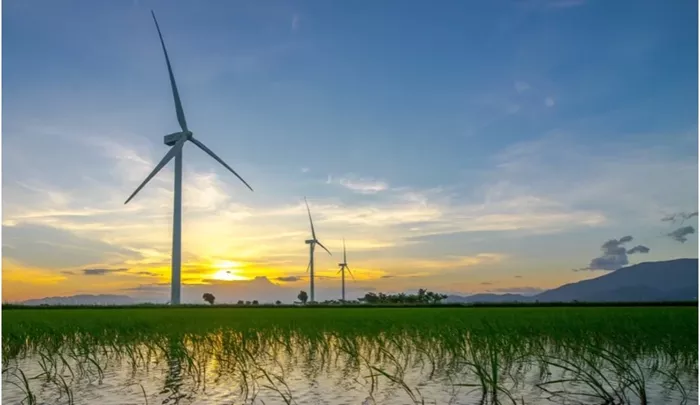US-based nuclear technology developer Kairos Power has entered into a partnership with Google to deploy 500 megawatts (MW) of nuclear power projects by 2035, aimed at supplying energy for Google’s data centers.
The collaboration is formalized under a Master Plant Development Agreement, which outlines the construction of several advanced reactor plants across various locations. This initiative is designed to bolster Google’s efforts to achieve its decarbonization targets through a series of Power Purchase Agreements (PPAs), wherein Kairos Power will deliver energy and ancillary services.
The first reactor is scheduled to be operational by 2030. Kairos Power plans to leverage its iterative development strategy, where each new plant builds on insights gained from prior projects. This model allows for ongoing planning, design, construction, and testing, ultimately reducing costs and accelerating technological innovation.
Jeff Olson, Kairos Power’s Vice President of Business Development & Finance, emphasized the significance of this multi-deployment agreement in advancing the commercialization of advanced nuclear energy. “This partnership will demonstrate the technical and market viability of a solution critical to decarbonizing power grids while ensuring energy generation and capacity,” he stated.
Kairos Power CEO and co-founder Mike Laufer noted that Google’s involvement extends beyond a traditional customer relationship, describing the tech giant as a strategic partner that appreciates Kairos’s innovative approach.
Since 2010, Google has committed to over 115 agreements, amassing more than 14 gigawatts (GW) of clean energy capacity. This latest partnership aligns with the company’s broader net-zero strategy. Michael Terrell, Google’s Senior Director of Energy and Climate, remarked, “This agreement is a key part of our effort to commercialize and scale the advanced energy technologies necessary for achieving our net-zero and 24/7 carbon-free energy goals.”
Kairos Power’s FHR (KP-FHR) technology utilizes TRISO fuel in pebble form, combined with a low-pressure fluoride salt coolant, to convert fission heat into electricity via a steam cycle. This advanced nuclear reactor technology is intended to complement renewable energy sources.
Interest in advanced nuclear energy is on the rise, as highlighted in a recent report by the National Association of Regulatory Utility Commissioners (NARUC) in collaboration with the National Association of State Energy Officials. The report forecasts significant growth in advanced nuclear projects, with Nick Myers of the Arizona Corporation Commission asserting, “Advanced nuclear technology is poised to be a transformative force in our energy landscape.”
Related topics:
- New EU Policy Urged to Foster Nature-Inclusive Solar Initiatives
- New Study Reveals EGR Technology Can Cut Carbon Capture Costs at Gas Plants
- Rehlko: A Bold Rebranding for Kohler Energy

